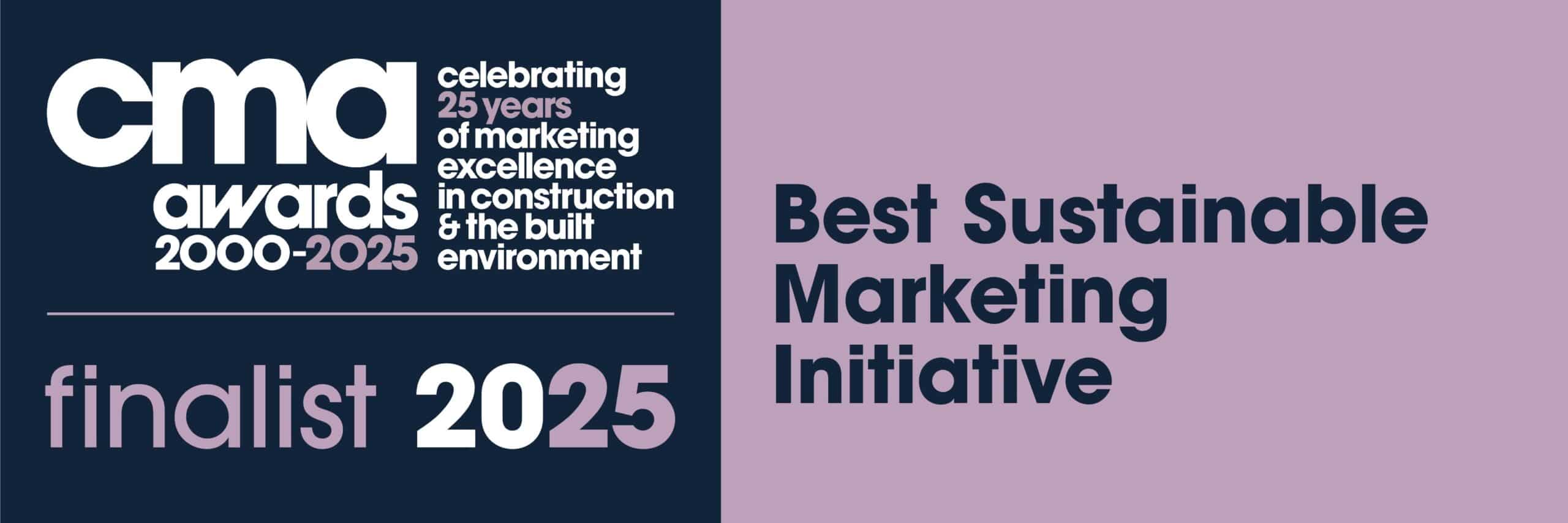London Climate Action Week 2025: The Deadline to Reach Net Zero by 2030 Beckons.
Last week, our Environmental, Social and Impact (ESI) committee attended a number of events as part of London Climate Action Week (LCAW) to hear from senior policy leaders, environmental and industry experts.
In this blog we provide an overview of the key topics – as well as underline the importance for businesses to act now – rather than pay later.
The London Climate Action Week events, hosted by Fleet Street Quarter, delved into the importance of the circular economy and how to incorporate sustainability into a thriving business.
The panellists included policymakers, journalists and sustainability advisors and our Associate PR Director Natalie Daniels and Account Manager Erin Roberts went along.
Below is a summary of the key discussion points:
For us, the key theme was clear – with the Net Zero by 2030 deadline looming, the consensus amongst the experts was ‘delay now, pay later’ when it comes to inaction.
Sustainability is no longer a setback, but a business opportunity.
• A new report by KPMG reveals that global investment in clean energy assets is rising. It surpassed $2 trillion in 2024 from $1.2 trillion in 2020.
• Circular business models that focus on reusing, repairing and regenerating rather than removing and disposing are gaining momentum. In fact, the circular economy is expected to contribute up to £25 billion to the UK economy by 2030.
• For the construction industry, this means rethinking materials, prioritising retrofit over demolition and designing buildings with long-term adaptability in mind.
The cost of inaction…
A key insight from this year’s event was the economic risk of delaying climate action. Waiting beyond 2030 to make significant changes is expected to cost businesses up to five times more than taking action now.
• This is likely due to factors such as increased damage from extreme weather events, higher energy prices, and more complex and expensive mitigation efforts.
• In terms of construction, this highlights the urgency of decarbonising supply chains, reducing operational emissions and moving onto electric-based operations.
• Access to green electricity and skilled project management are fundamental to achieving a concise green transition. Beyond technical solutions, businesses also need to consider how their projects impact water use, land access and biodiversity.
Supporting SMEs and regional growth
• While large corporations are often the center of climate discussions, smaller businesses are essential to creating a truly inclusive green economy.
• The construction sector relies heavily on SMEs across its supply chain, and these SMEs are key to helping the whole sector reduce its carbon emissions on a large scale.
• Empowering smaller suppliers can help distribute the economic benefits of the green transition more widely across the UK. Industrial strategies must focus on equipping these businesses with the skills and incentives needed to succeed in a changing market.
What comes next?
As public and investor expectations continue to rise, firms are under pressure to prove they are not only delivering economic value but also actively protecting the environment.
With net zero targets looming and the cost of delay growing, the sector has a unique chance to lead the way in demonstrating that climate action is a driver of innovation.
By redefining growth, embracing circularity, and empowering every part of the supply chain, construction can transform from a major emitter to a representation of the green economy.
If you’re interested in how our Environmental and Social Impact communications team can help you, please get in touch by contacting pr@building-relations.co.uk.



